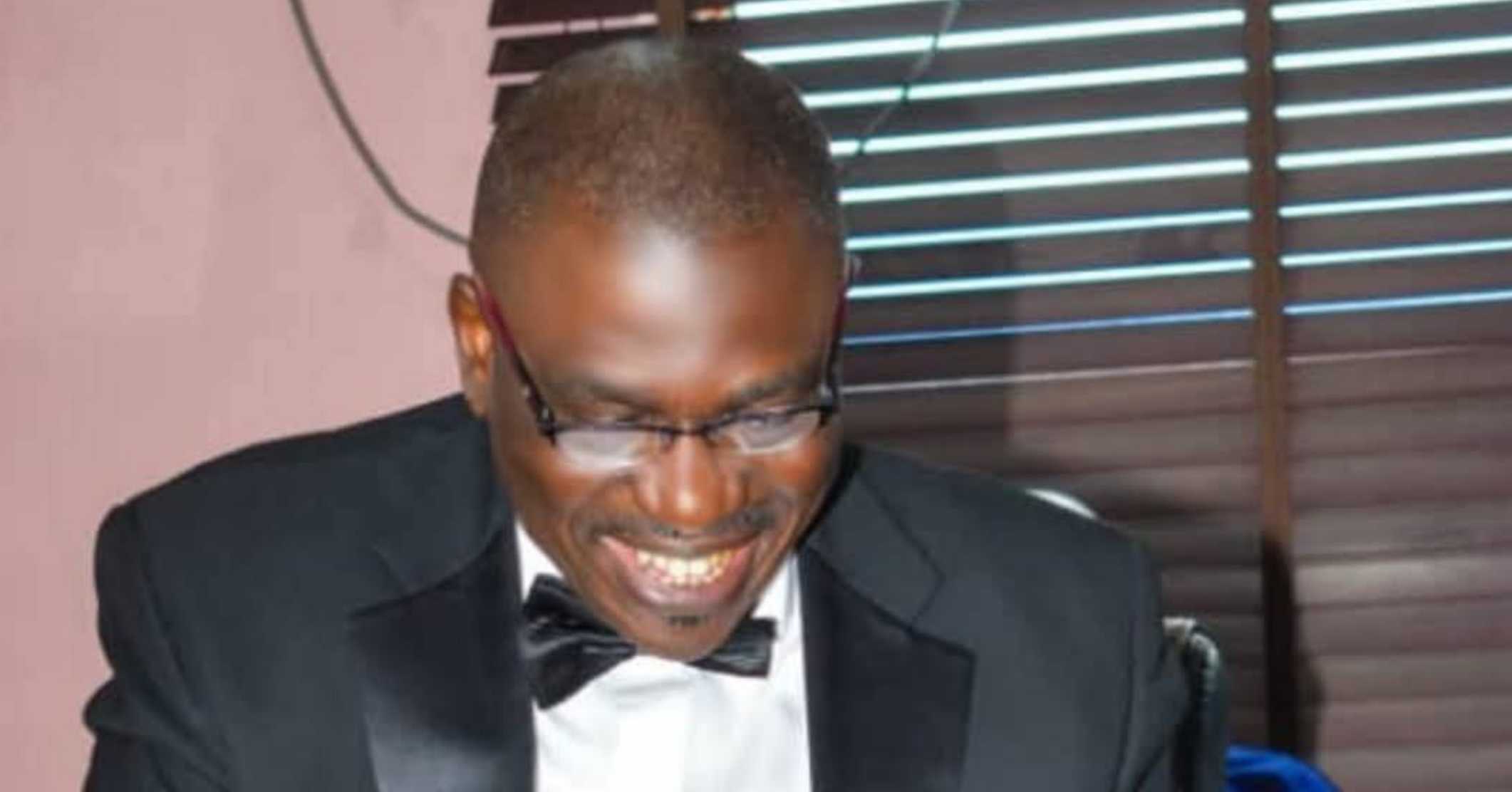
Shocking Igbo Funeral Traditions: A Farewell Like No Other
In the heart of Igbo tradition, funeral rites are not just ceremonies; they are powerful cultural rituals filled with deep meaning, love, and strong beliefs in life after death. Among the Igbo people of Southern Nigeria, death is not seen as the end of life. Instead, it is a peaceful transition to another realm – a journey into immortality and possible reincarnation.
In typical Igbo culture, people don’t say “Rest in Peace” when someone dies. Instead, they say “Jee nke ọma” or “Ije Awele”, which means “go well” or “safe journey.” This is because they believe the dead will return, either by reincarnating through a family member or by becoming an ancestor spirit who watches over the family.
When someone dies, especially an elder, the body is not rushed. Instead, a detailed traditional process is followed:
The dead is bathed, often with native herbs.
The hair is cut and styled properly – a sign of respect.
The body is dressed in costly white native cloth, called "akwa-ọcha", donated by specific relatives as the tradition demands.
They are even fed and celebrated before burial, as if preparing for a journey.
This is a clear sign of love and honour. The belief is that the spirit of the dead is still present and must be treated with respect.
If the deceased lived a long and fulfilled life, the corpse is paraded around the village in dance and song. This is a kind of final farewell, where everyone joins in, claps, sings, and rejoices, celebrating a life well spent. The community doesn’t mourn, they honour the spirit of the deceased.
One of the most respected parts of the Igbo burial ceremony is the entertainment of the deceased's family lineage, especially the group called “ndị ime ụnọ” – the close relatives of the dead.
Seven different animals are used to prepare soups. These could include goat, chicken, bush meat (antelope, deer, grass cutter, porcupine), cow, snail, fish, and sometimes warthog. Each animal has a symbolic meaning in Igbo cosmology.
This unique feast is cooked by the “Ada” – the first daughter of the deceased. No one else is permitted to take her place.
The food is then served and shared by the Ikei, Ikolo, and Ụmụ-Ada – the council of elders and daughters of the lineage (both married and unmarried women).


